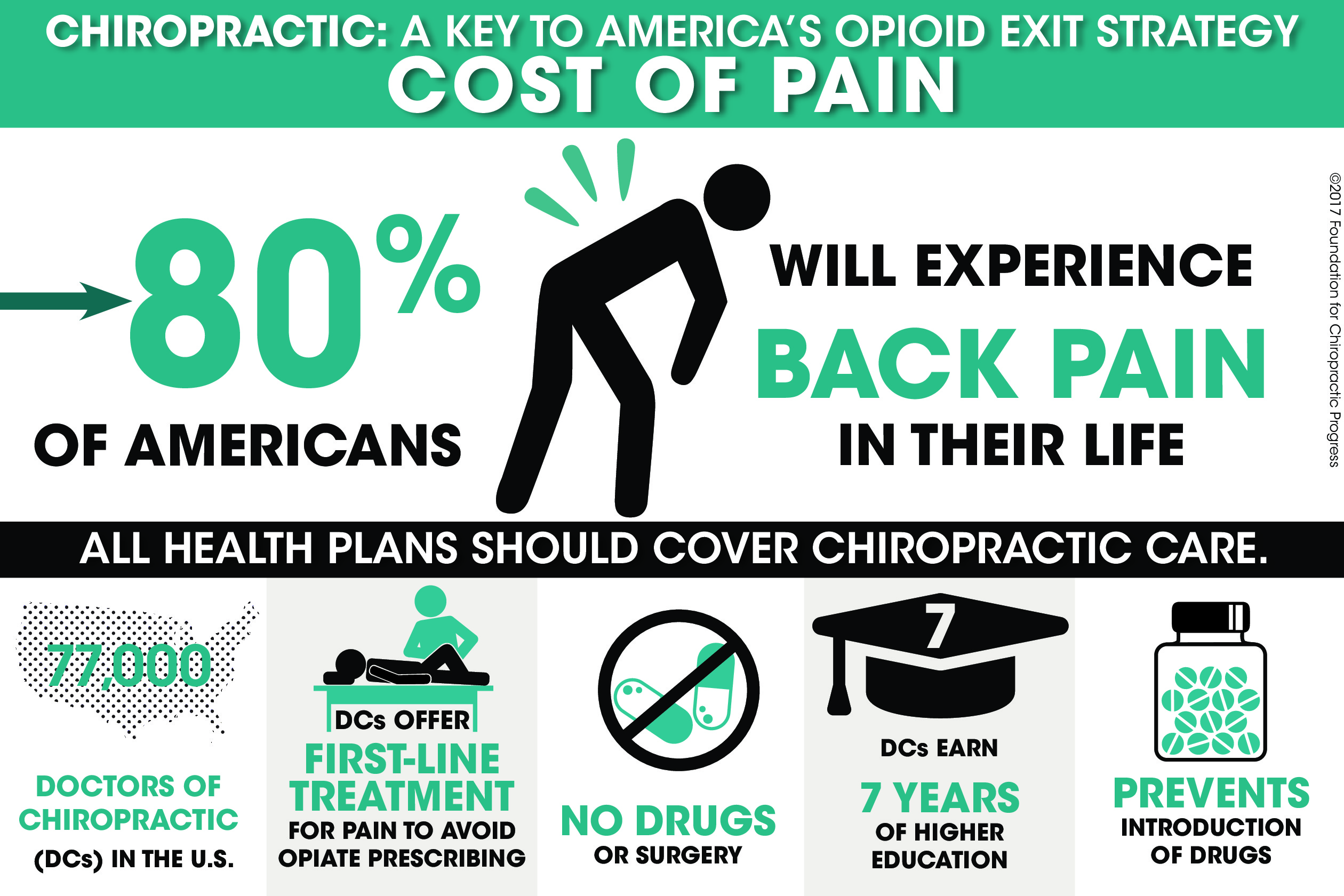Nutrition'S Effect On Neck And Back Pain Alleviation: Dietary Choices To Embrace And Those To Stay Away From
Nutrition'S Effect On Neck And Back Pain Alleviation: Dietary Choices To Embrace And Those To Stay Away From
Blog Article
Developed By- family chiropractor
When it involves managing your back pain, the food options you make can significantly impact exactly how you really feel daily. Picture being able to ease your pain just by readjusting what you eat. By recognizing the function of nutrition in back pain management and understanding which foods to include or avoid, you can take aggressive actions towards a healthier and extra comfortable way of living. The link between nourishment and back health is extra profound than you may understand-- let's explore just how certain foods can either soothe or aggravate your neck and back pain.
Importance of Nutrition in Neck And Back Pain
Nutrition plays an important role in handling neck and back pain. Your diet plan can dramatically impact inflammation levels and overall discomfort degrees in your back. Eating a balanced diet plan abundant in nutrients like vitamins D and K, calcium, magnesium, and omega-3 fatty acids can help in reducing swelling and reinforce bones, which are necessary for back wellness.
Furthermore, maintaining a healthy and balanced weight through proper nourishment can minimize tension on your back, minimizing the risk of pain in the back.
Moreover, https://chiropracticservice95172.win-blog.com/12498904/you-could-be-stunned-to-learn-that-many-mistaken-beliefs-about-chiropractic-treatment-stem-from-a-lack-of-understanding-find-the-truth-behind-these-misconceptions like anti-oxidants found in fruits and vegetables can aid combat oxidative stress and anxiety and advertise recovery in the body, including the back muscles and back.
On the other hand, eating excessive quantities of processed foods, sweet drinks, and unhealthy fats can add to swelling and weight gain, intensifying back pain.
Foods to Consume for Back Health
To support a healthy and balanced back, integrating nutrient-rich foods right into your everyday meals is vital. Including foods high in antioxidants like berries, spinach, and kale can help reduce swelling in your back, alleviating pain and pain. Omega-3 fats located in fatty fish such as salmon and mackerel have anti-inflammatory residential or commercial properties that can benefit your back health.
Additionally, consuming nuts and seeds like almonds, walnuts, and chia seeds provides important nutrients like magnesium and vitamin E, which support muscle mass function and minimize oxidative stress and anxiety. Including lean proteins such as hen, turkey, and tofu can help in muscle mass repair and maintenance, advertising a solid back.
functional doctor austin tx fail to remember to include milk or strengthened plant-based options for calcium to sustain bone health. Last but not least, moisten with a lot of water to maintain your back discs hydrated and operating optimally. By including these nutrient-dense foods in your diet, you can nourish your back and support overall spine wellness.
Foods to Stay Clear Of for Pain In The Back
Select avoiding refined foods high in sugarcoated and trans fats when seeking relief from pain in the back. These kinds of foods can add to swelling in the body, which might aggravate back pain. Say no to sugary treats like candy, breads, and sweet beverages, in addition to convenience food products like burgers, french fries, and fried poultry that are usually loaded with trans fats.
In addition, stay away from foods including high degrees of polished carbs, such as white bread, pasta, and pastries, as they can surge blood sugar level levels and potentially worsen swelling in the body.
It's additionally wise to limit your consumption of foods high in hydrogenated fats, like red meat and full-fat dairy products, as they can add to swelling. Refined foods like deli meats, chips, and packaged snacks are usually high in saturated fats and need to be eaten in small amounts.
Final thought
In conclusion, taking note of your diet regimen and making clever food selections can have a substantial effect on managing pain in the back. By incorporating nutrient-rich foods like berries, fatty fish, nuts, and lean healthy proteins, and avoiding refined and sugary products, you can help reduce inflammation and support on the whole back health. Bear in mind, what you consume plays a vital role in exactly how you really feel, so make sure to prioritize your nutrition for a much healthier back.
